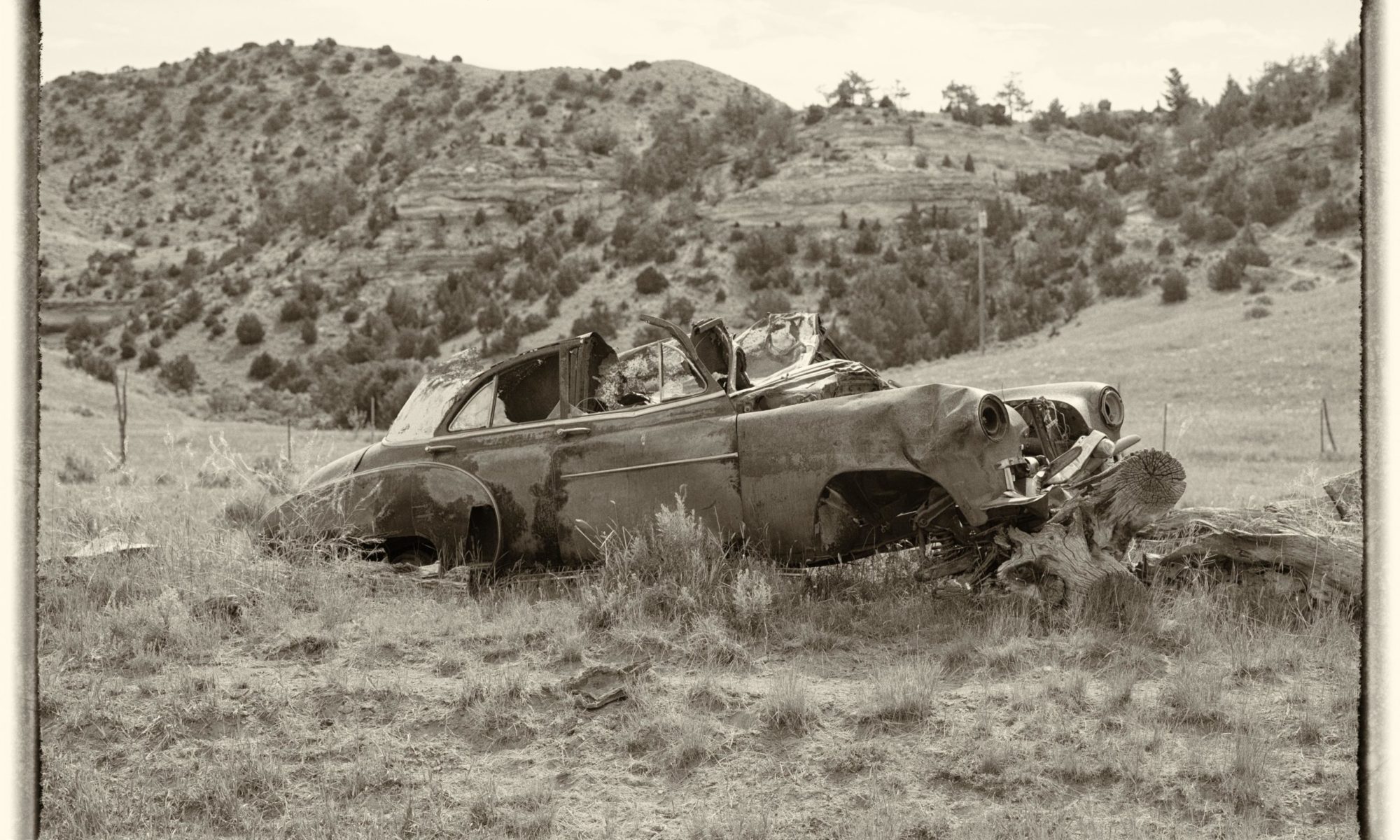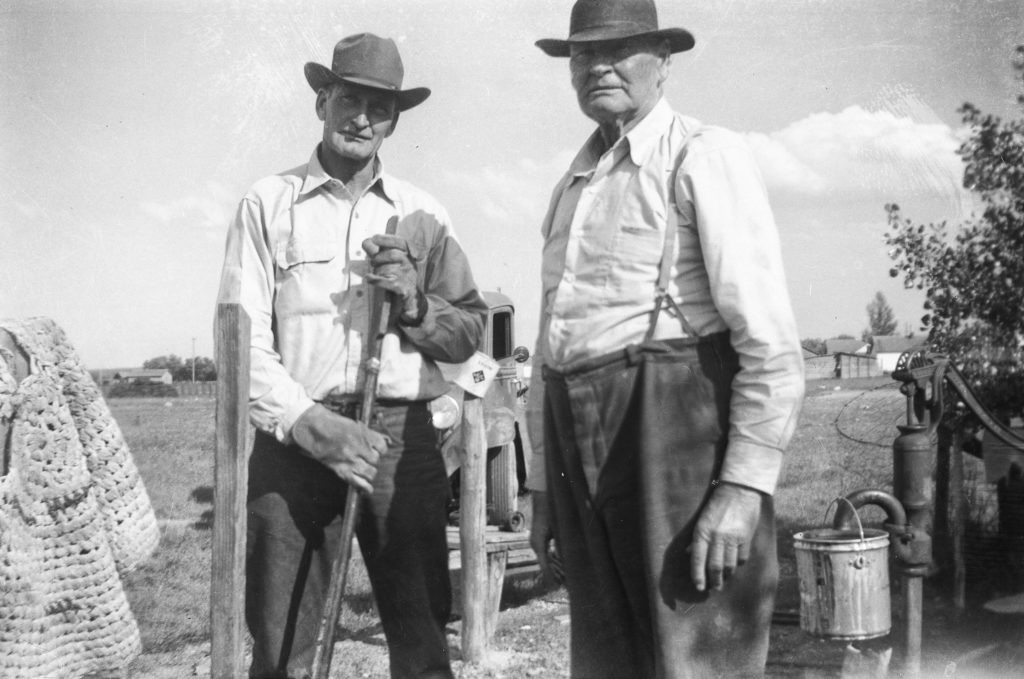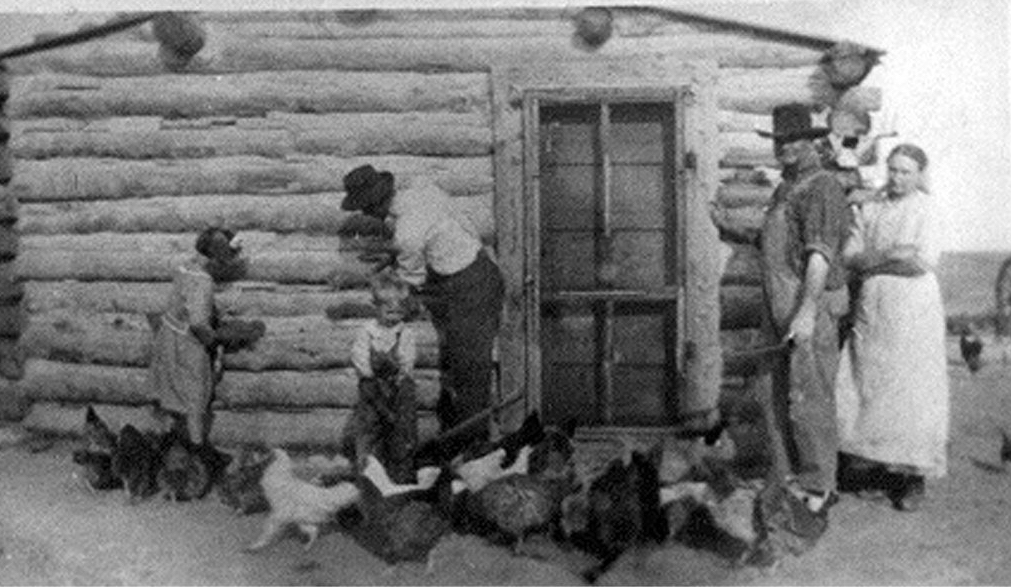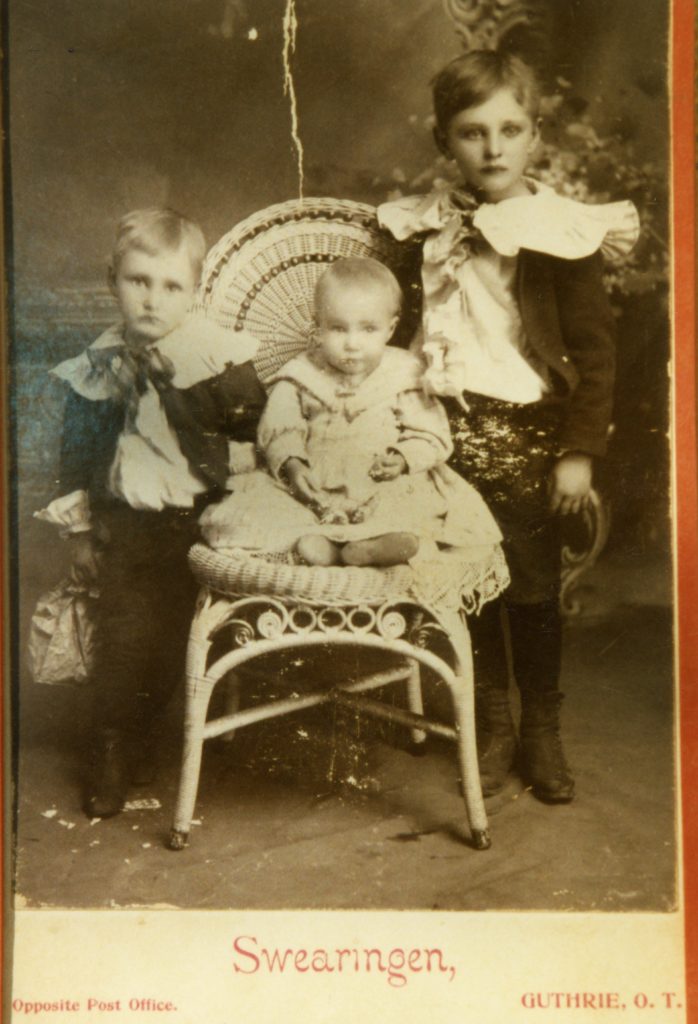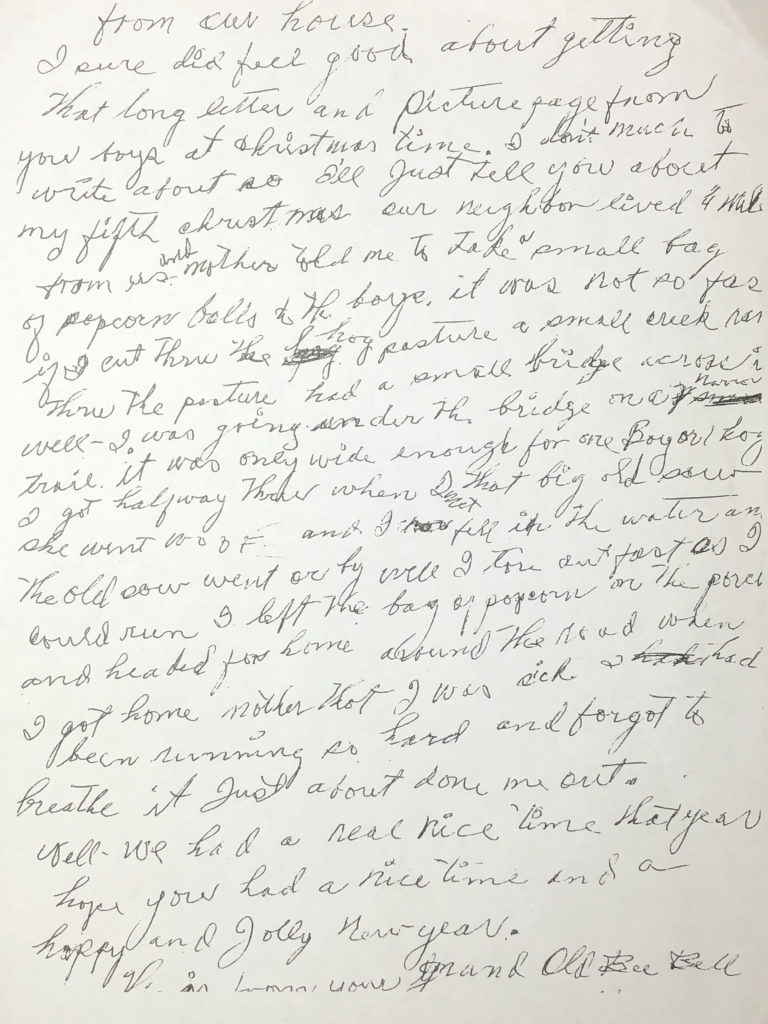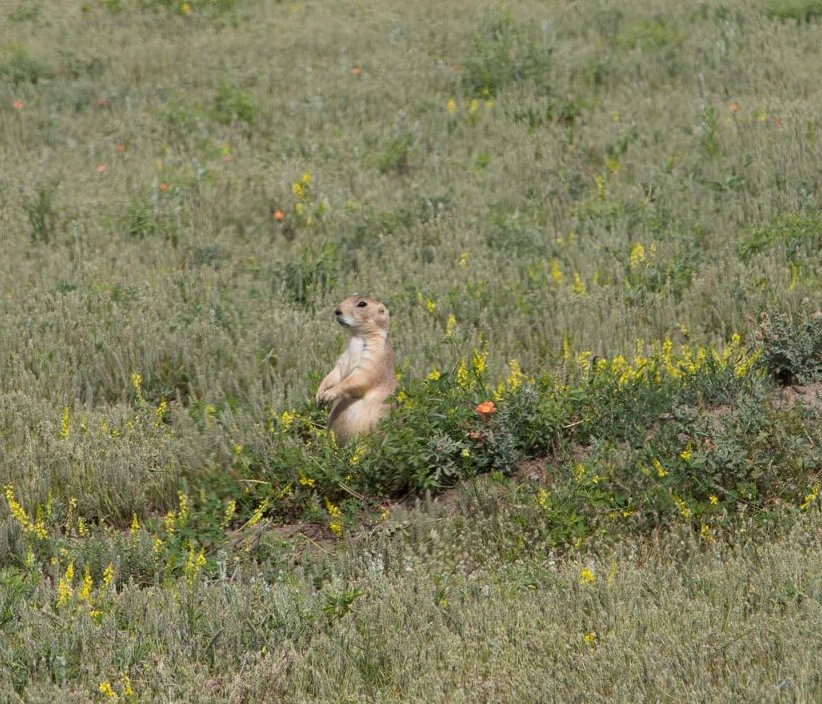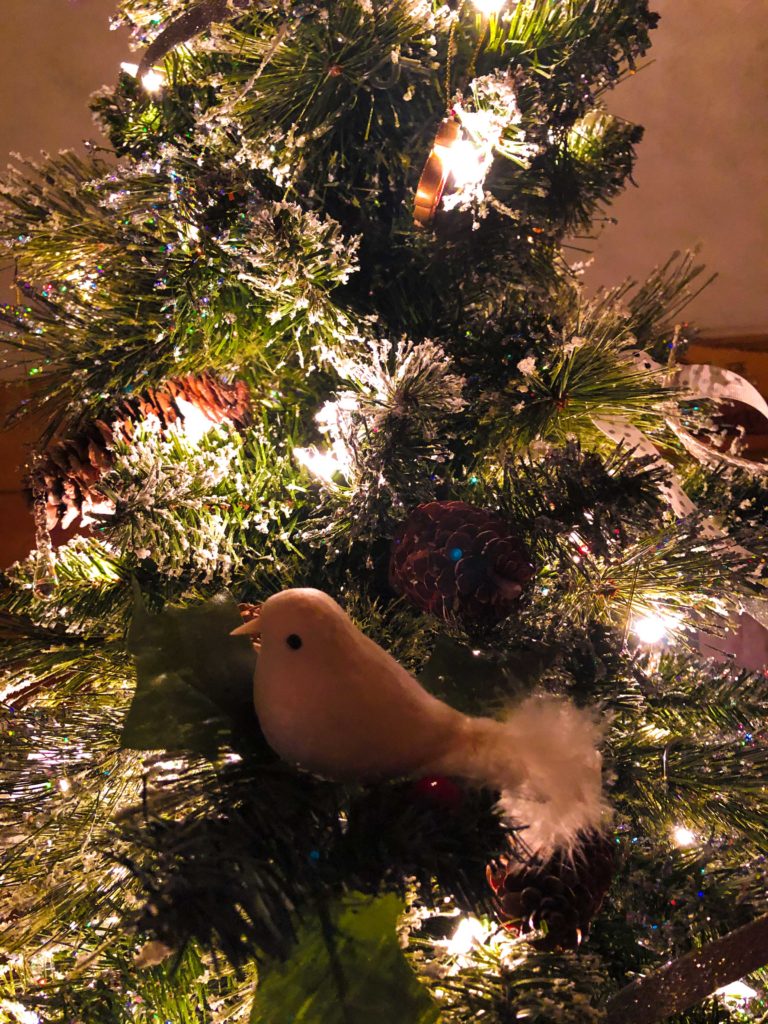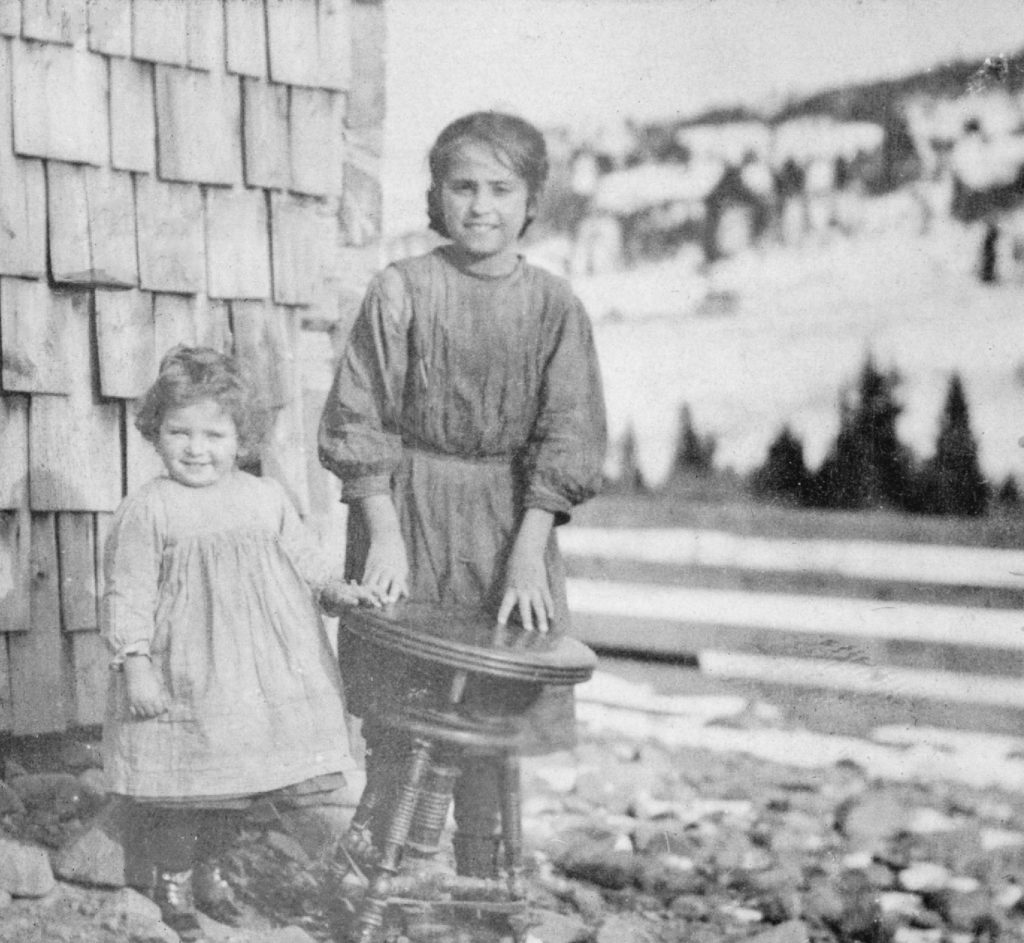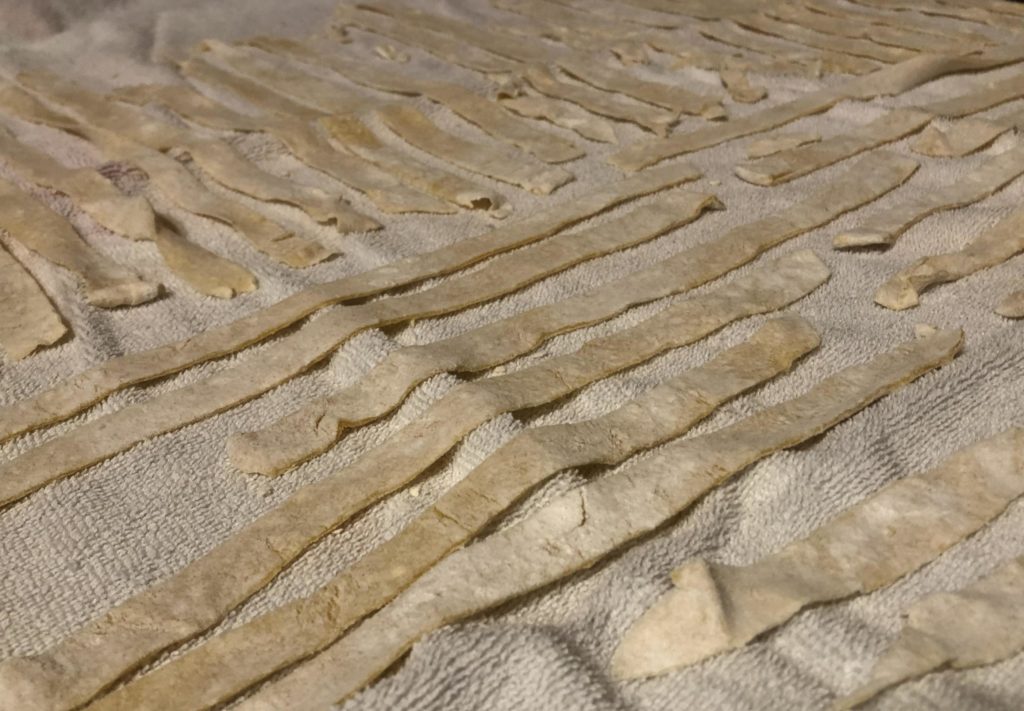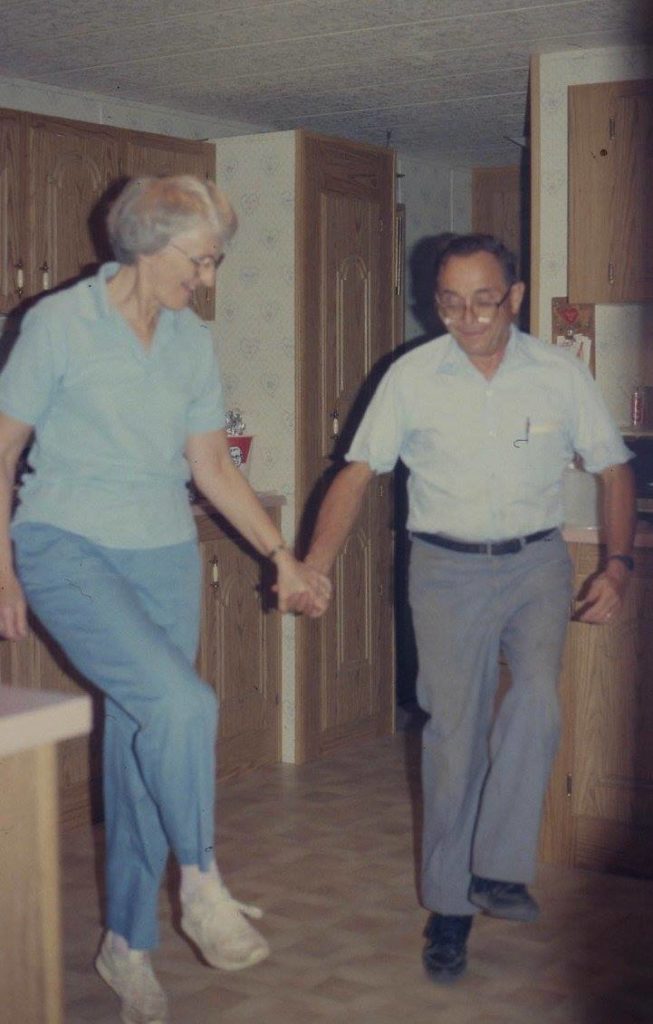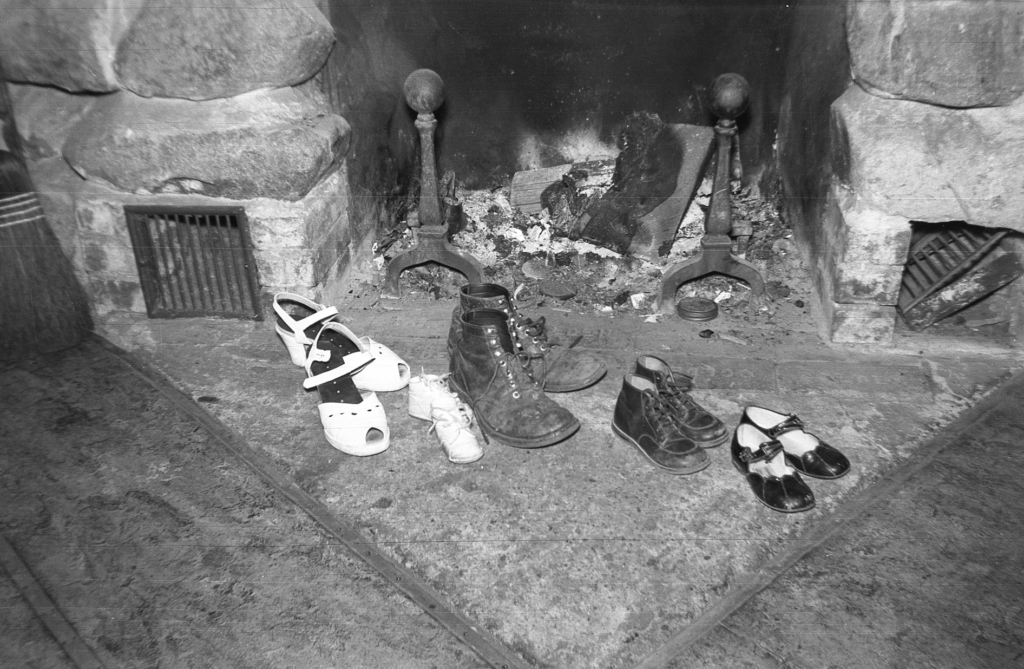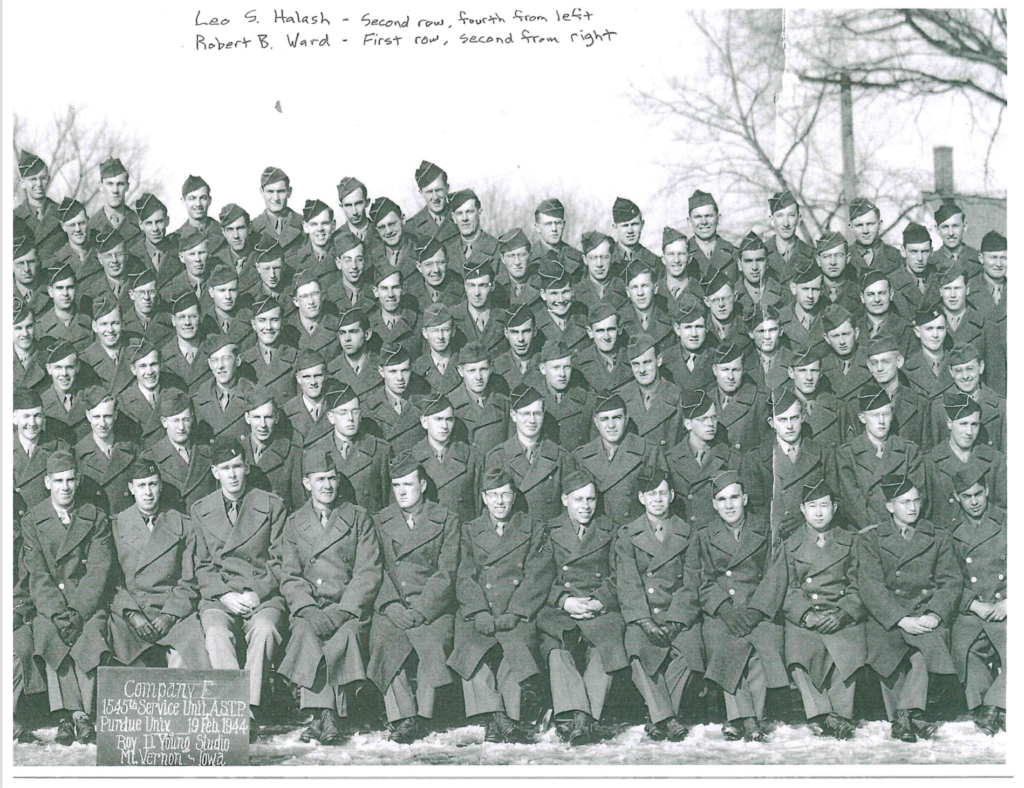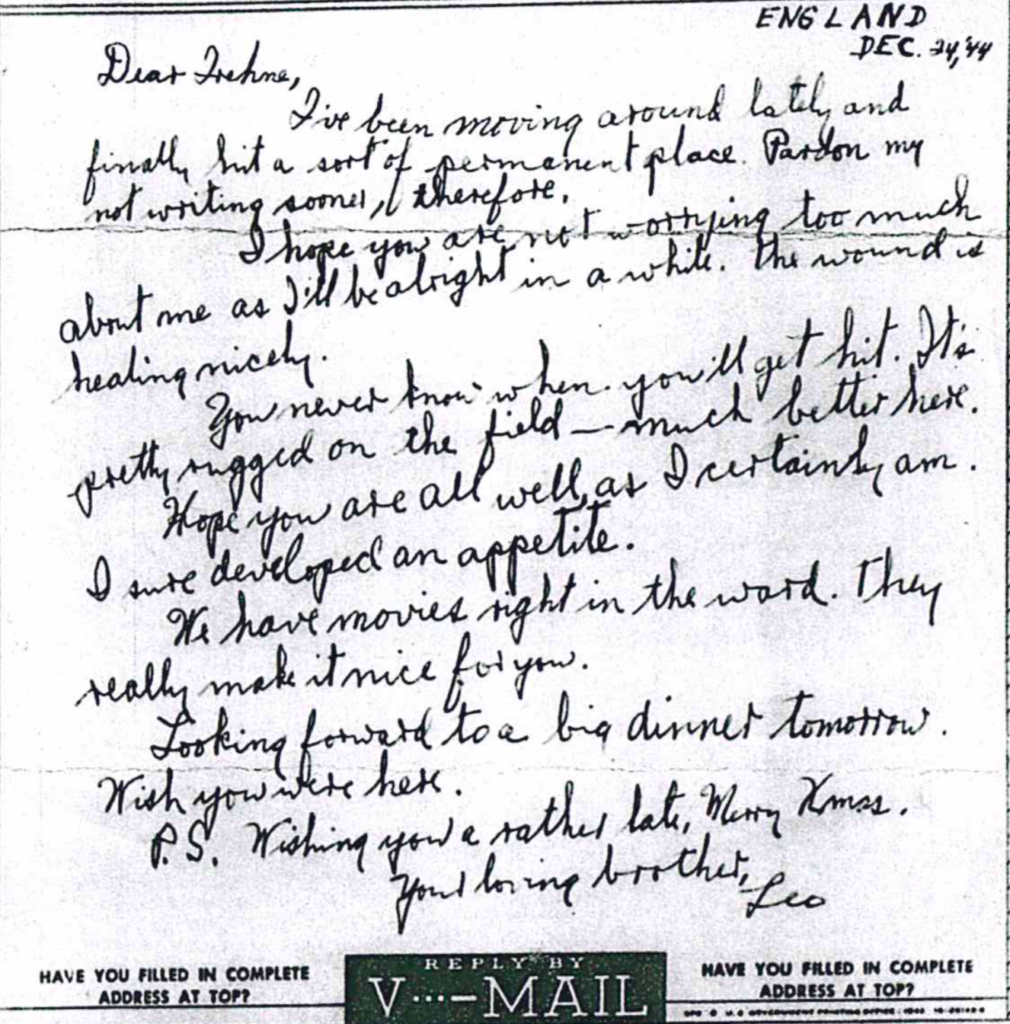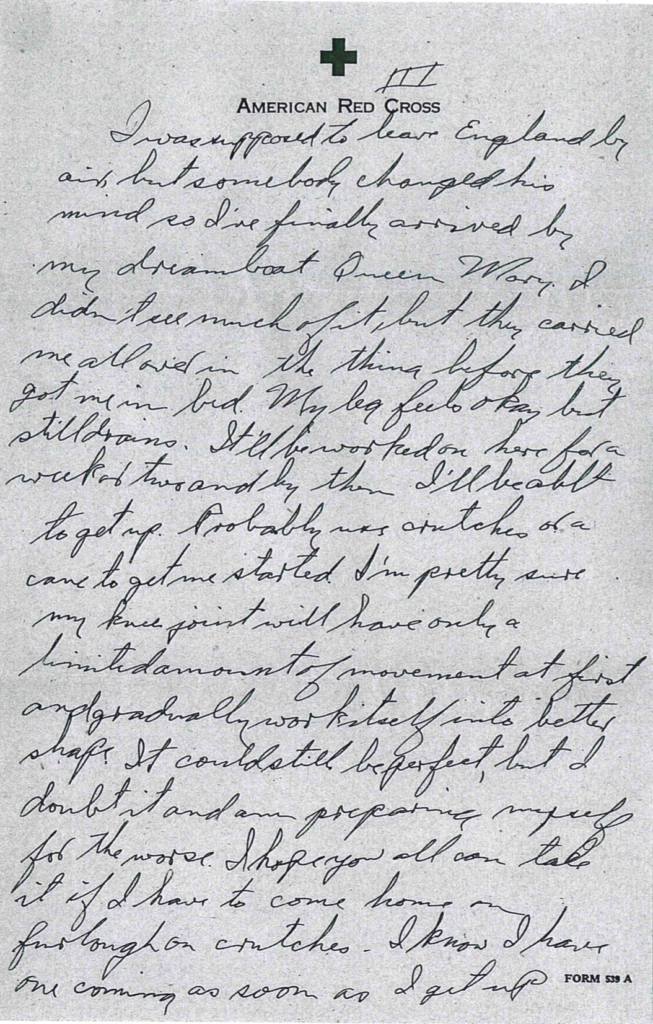The hobos that frequented box cars and rode the open rails had their own language and culture. Jumping trains, riding the rails from place to place, gathering in hobo jungles while waiting for the next outgoing train, was a different way of life. One way for them to communicate within their “family” was by a series of signs and markings. A drawing of two shovels indicated a place to find work. There were signs given for doctors who wouldn’t charge them a fee, places to get food, caution about thieves, free phones, and warnings of danger. If they saw the symbol of a smiling cat drawn on a fence post or side of a house, they knew they were at the home of a kindhearted woman who would offer them a meal. Such was the home of my Great Grandmother whose house was along the tracks in Big Timber, Montana.
My Mother told stories of the hobos that came into her Grandmother’s yard behind the house by the railroad tracks. The hobos who jumped off the train in Big Timber, Montana, certainly knew where to find a pot of stew or tin barrel of “torpedoes” (beans) with a fire still burning beneath. They surely sent word down the tracks of finding “The Big Rock Candy Mountains.”
Maybe some of the hobos reminded Great Grandma of youngsters she had known who had to make their way at an early age. Maybe she saw a reflection of her own boys, one at least who was known to hop a train on occasion. Regardless, she saw those who were hungry and needed a warm meal and a kind hand.
I wonder if there was a symbol of a fat, happy, smiling cat etched on a post facing the tracks. Here was the place of a kindhearted woman who gave of her meager bounty to feed hungry hobos down on their luck, exploring the country, or seeking a place to call home. Let me tell you, even her scraps were heavenly!
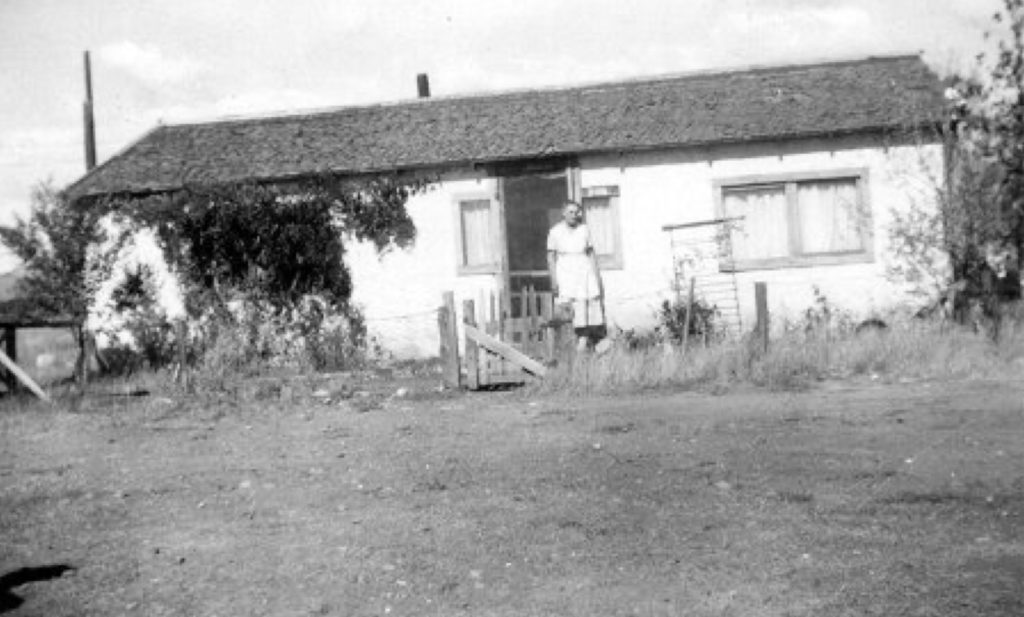
There was a song written about the hobo culture. This is a portion of the cleaned-up variation of the original lyrics:
One evening as the sun went down
And the jungle fire was burning,
Down the track came a hobo hiking,
And he said, “Boys, I’m not turning
I’m headed for a land that’s far away
Besides the crystal fountains
So come with me, we’ll go and see
The Big Rock Candy Mountains
In the Big Rock Candy Mountains,
There’s a land that’s fair and bright,
Where the handouts grow on bushes
And you sleep out every night
Where the boxcars all are empty
And the sun shines every day
On the birds and the bees
And the cigarette trees
The lemonade springs
Where the bluebird sings
In the Big Rock Candy Mountains
“The song is about a hobo’s dreams of a supposedly perfect life. Based on the song and some outside information and context, the theme is simply dreams and wishes for a better life. For example, “The Big Rock Candy Mountains” are mentioned often and they could be a symbol of euphoria: “Oh I’m bound to go where there ain’t no snow, where the rains don’t fall; the winds don’t blow, in the Big Rock Candy Mountains.” “This quotation describes a place where everything is perfect, at least in the author’s eyes.”

“A kindhearted woman lives here”
